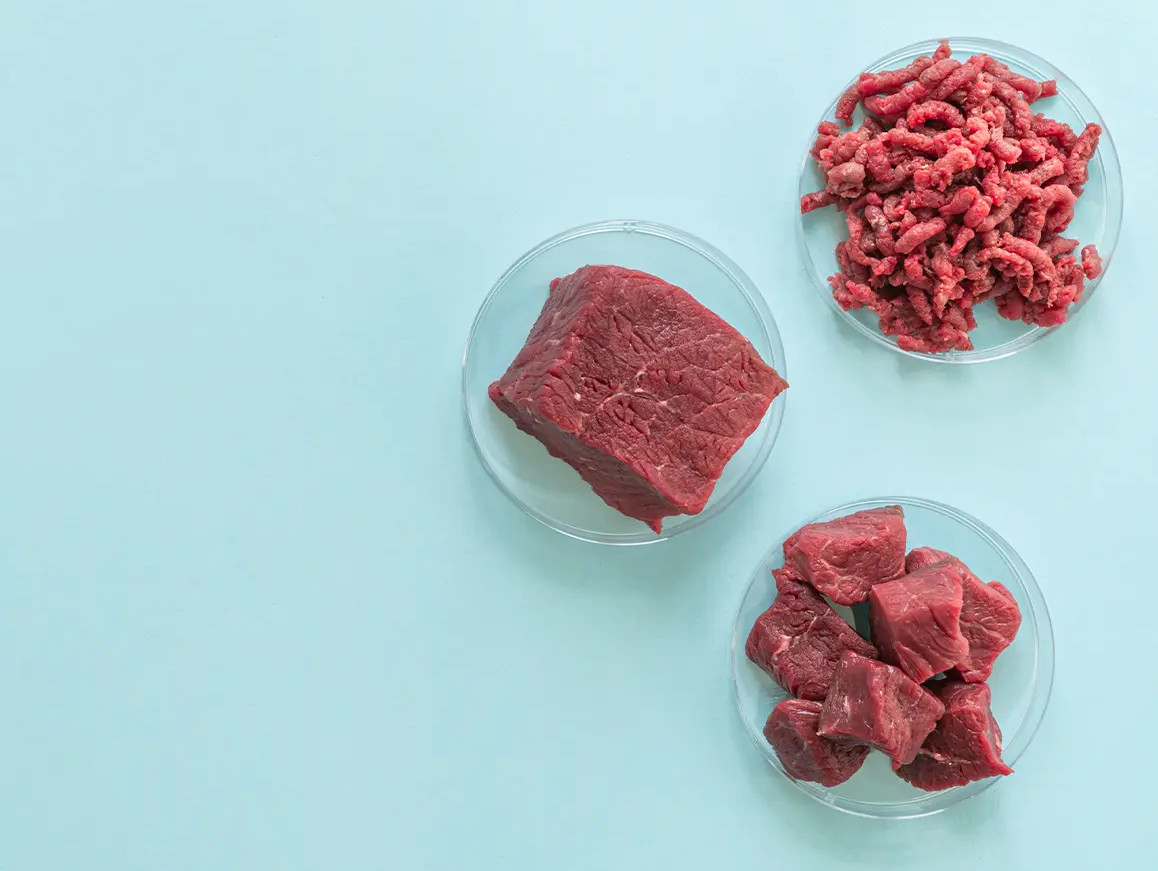
Cultured meat is increasingly gaining the attention of researchers, policymakers, and the food industry. It has the potential to provide substantial protein supplies with a significantly smaller environmental footprint compared to traditional meat. PhD candidate Gerben Bekker at Wageningen University & Research studied consumer attitudes toward cultured meat to understand acceptance levels and the influencing factors.
The study shows that consumers generally approach cultured meat with caution. This hesitation appears to stem from a "yuck" factor—an automatic resistance often triggered by technologies that feel unnatural or unsettling. This reaction is similar to the response some consumers have to genetically modified products. However, attitudes can shift with more information. Positive information, such as environmental benefits, tends to make people more open-minded. For those already familiar with the concept, the impact of additional information was less pronounced.
Another finding reveals that positive associations also arise when consumers receive information about other sustainable products, like solar panels. This suggests that people can categorize cultured meat under "sustainable products," which fosters a more favorable view. Positive perceptions of products like solar panels can indirectly promote acceptance of cultured meat, as consumers begin to view it as an equally eco-friendly option.
While the findings are encouraging, achieving broader acceptance of cultured meat remains complex. Automatic aversions and ethical concerns are ongoing challenges. However, targeted communication about the benefits of cultured meat, alongside highlighting similarities with other sustainable technologies, can help build support for this innovation.
Source: Wageningen University & Research